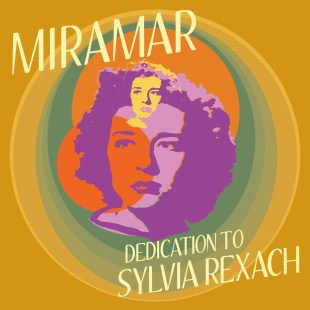 The history of Latin American boleros is a fascinating one. Though the style shares a name with an older Spanish one, boleros in the New World came about in the late 19th Century near Santiago de Cuba thanks to a group of roving musicians known as trovadores. The songs are slow moving ballads, heavy with emotion and a certain elegance. From Cuba, boleros quickly spread to Mexico, where they increased immensely in popularity. Throughout the 20th Century, boleros would grow in popularity all over Latin America, including in Puerto Rico in the 30s.
The history of Latin American boleros is a fascinating one. Though the style shares a name with an older Spanish one, boleros in the New World came about in the late 19th Century near Santiago de Cuba thanks to a group of roving musicians known as trovadores. The songs are slow moving ballads, heavy with emotion and a certain elegance. From Cuba, boleros quickly spread to Mexico, where they increased immensely in popularity. Throughout the 20th Century, boleros would grow in popularity all over Latin America, including in Puerto Rico in the 30s.
Longtime leaders of salsa band Bio Ritmo, singer Reinaldo Alvarez and pianist/arranger Marlysse Simmons-Argandoña, found they had a shared obsession for mid-20th Century Puerto Rican bolero music. As a salsa band could only play so many boleros, however, Alvarez and Simmons-Argandoña decided to form a new band that would focus on boleros. Enter Miramar.
Bands with two singers—a man and a woman—were a hallmark of the Puerto Rican boleros that the two musicians shared a taste for. That kept then Miramar project on hold until Alvarez met Laura Ann Singh, in whom he found an ideal singing partner. Said Singh, “We have to breathe together and feel the songs together, emotionally and rhythmically…[w]e have this natural chemistry in our voices and trust each other as musicians.” With that, Miramar was underway.
Titled Dedication to Sylvia Rexach, the band’s latest record is named after the legendary Puerto Rican figure. Though she did not identify as a singer, Rexach wrote and performed her songs, as well as poetry and radio skits. Influenced and inspired by Rexach, Miramar found the idea of recording a tribute to her naturally compelling. The final product contains ten songs, seven composed by Rexach and three original pieces.
Dedication to Sylvia Rexach is out now on Barbès Records and available on Amazon, iTunes, and Barbès’ online store.


